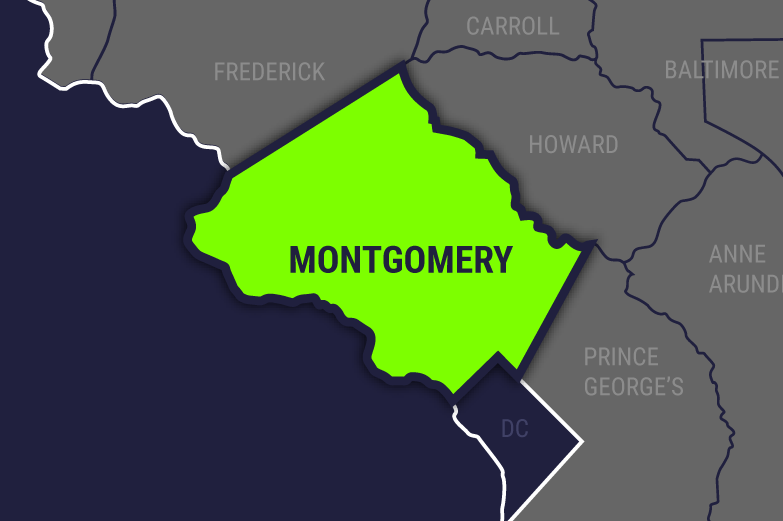
DHS updates $8.4B PACTS III solicitation
May 12, 2024
D.C. Mayor Bowser’s approval rating drops, Post-Schar School poll finds
May 13, 2024Local leaders are pushing to reawaken D.C. from its pandemic-era slumber — launching efforts to convert office buildings, attract businesses and bolster entertainment offerings to create more vibrancy on the city’s streets.
But scattered in neighborhoods across the city are thousands of buildings that both hinder that recovery and present opportunities: vacant properties
A swell of interconnected efforts has begun to unfold to improve the city’s handling of thousands of vacant properties and push them toward productive use.
There are more than 3,300 commercial and residential properties the city classifies as vacant, about 10% of which are blighted, meaning the city has determined them to be unsafe, unsanitary or threatening the health and welfare of the community.
As the District contends with a housing crisis and officials work to activate commercial corridors, officials say these vacant properties, which often act as a drag on the vibrancy the city is so desperately chasing, could provide a valuable resource.
“Those properties do have an impact on surrounding properties or neighborhoods,” Deputy Mayor Nina Albert said in an interview with Bisnow. “And so it is of interest to us. To me, these vacant and blighted properties are an opportunity.”
Several efforts are coming to a head to rethink how the city handles these properties. Municipal, community and private organizations are all looking at the issue as a next — and crucial — step to revitalizing the city as it continues to recover in the wake of the pandemic.
“This is a topic that people have revisited over and over and over again throughout many decades,” Advisory Neighborhood Commission 1A Commissioner Jeremy Sherman said. “But there feels like there’s renewed energy on it, especially after Covid.”
Sherman is one of the founders of the new Vacant Property Caucus, which is composed of members from 18 ANCs across all eight wards. The caucus, which began holding meetings in February, is focused on improving data collection on vacant properties, promoting economic development and advocating for improved regulations.
“Those are buildings and structures that could be used for housing, for community facilities or also be used for places of business,” ANC 1C Commissioner Margaret Stevens said. “I mean, just anything that would benefit the community would be fantastic.”
Click here for full story from Bisnow


